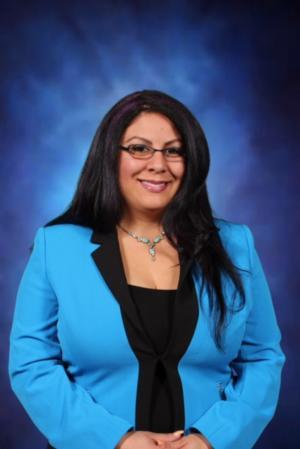As the oldest of three children growing up in rural New Mexico, I had to mature quickly. Besides caring for my sisters, I worked my first job cleaning houses and babysitting. I gave my earnings to my mother and quickly learned the value of a dollar, the importance of familial unity, and teamwork.
Like many New Mexicans, my childhood was marked by modest beginnings, and I learned most of my financial lessons through trial and error, either on my own or from others. Despite my love for algebra and taking calculus in high school, I was clueless about balancing a checkbook, what a savings account was, or what stocks or CDs were.
New Mexico legislators have an opportunity to support the state’s students and economy by integrating financial literacy into high school graduation requirements during the recent legislative session.
There is a national trend toward mandating financial literacy for graduation. Four years ago, only six states required a stand-alone course in personal finance or financial education. Now, 25 states have financial education as part of their high school graduation requirements. Currently, 53% of students nationwide are guaranteed this knowledge, but not in New Mexico.
According to WalletHub, New Mexico ranks lowest in overall financial literacy. Mandating financial education for all students could empower our youth, some of whom will become bank tellers, auditors, CFOs, board members, and hold various financial roles in both public and private sectors, vital to our communities. Financial acumen is essential regardless of career path, and understanding finances is crucial for pursuing one’s passions.
The New Mexico Legislative Finance Committee found that after financial education was required in Georgia, Idaho, and Texas, students had higher credit scores and savings rates. Financially literate children often bring these lessons home, benefiting the whole family.
Financial education is key to reducing poverty, crime, creating opportunities for higher-paying skilled jobs, and achieving financial independence. It will positively impact gross receipts tax, property taxes, and other funding sources that improve schools, hospitals, roads, and essential services. In turn, we can reallocate resources to reduce reliance on government programs like Medicaid and SNAP.
I ran for office to close the financial literacy gap, knowing it’s crucial for ending cycles of financial instability. Regular discussions about budgeting, savings, stocks, bonds, income, pensions, and investing are necessary. It also helps in holding those in power accountable, whether in workplaces, children’s schools, city councils, or county commissions. We owe it to our children to prepare them for a future better than our parents’.
I urge the legislature and the government to act during the 2024 session to expand high school graduation requirements to include financial literacy. Ideally, this should extend to all education levels. Financial education is the key to eradicating poverty and building intergenerational wealth, enabling New Mexican families to thrive, contribute to the economy, and live anywhere in the state. Knowledge is power.
Linda M. Montoya is the state manager for New Mexico and serves as the official manager of Sandoval County.

